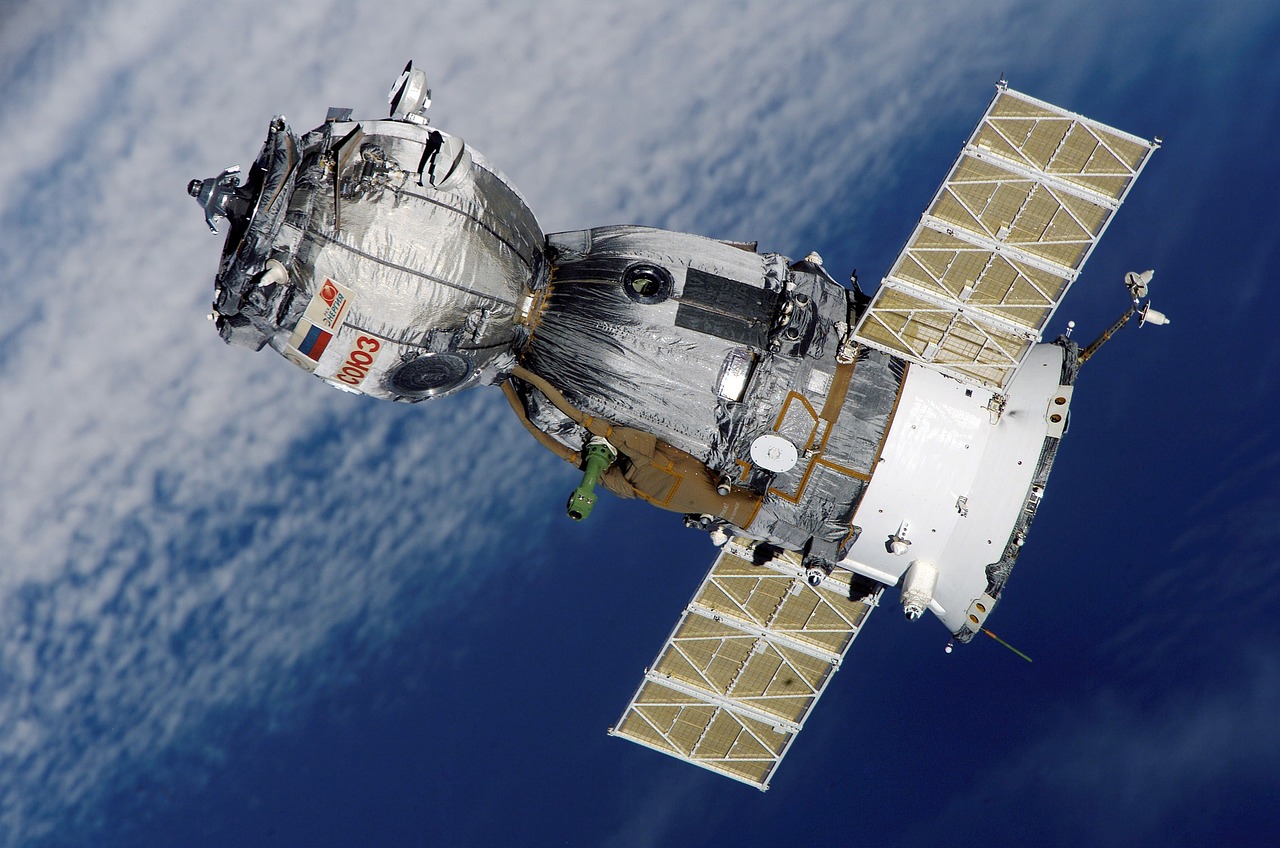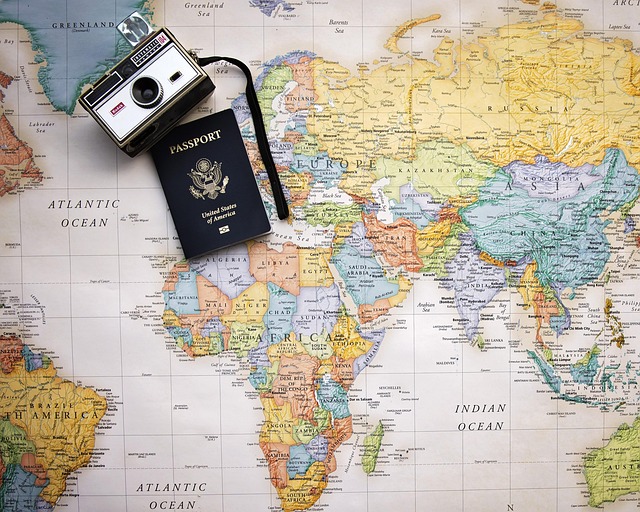Title: Legal Challenges in Space Tourism: A New Frontier
Introduction: As commercial space travel becomes a reality, the legal landscape surrounding space tourism is rapidly evolving. This article explores the intricate legal challenges and regulatory frameworks emerging in this nascent industry, examining how existing laws are being adapted and new ones created to govern private space exploration.

Jurisdiction in Space: A Legal Conundrum
One of the most pressing issues in space tourism law is determining jurisdiction. The Outer Space Treaty of 1967 establishes that no nation can claim sovereignty over celestial bodies, but it doesn’t address private commercial activities. This creates a complex web of questions: Which laws apply when tourists are in orbit? How are disputes between passengers from different countries resolved? The answers to these questions are still being debated by legal scholars and policymakers worldwide.
Liability and Insurance: Navigating Uncharted Territory
The high-risk nature of space travel introduces significant liability concerns. Current aviation insurance models are inadequate for the unique risks of space tourism. Lawmakers and insurance companies are working to develop new frameworks that balance protecting consumers with fostering industry growth. Some proposals include mandatory insurance requirements for operators and waivers of liability for passengers, similar to extreme sports.
Environmental Regulations in the Final Frontier
As space tourism increases, so do concerns about its environmental impact. The carbon footprint of rocket launches and the potential for space debris are significant issues. Regulatory bodies are considering how to apply environmental laws to space activities, with some advocating for “space sustainability” measures. These could include requirements for operators to minimize debris and develop plans for responsible end-of-life disposal of spacecraft.
Passenger Rights and Safety Standards
Ensuring the safety of space tourists is paramount, but defining appropriate safety standards for such a new industry is challenging. Regulatory bodies like the FAA in the United States are working to establish guidelines, but the process is complex. Questions arise about medical screening requirements, training protocols for passengers, and emergency procedures in the unique environment of space.
International Cooperation and Treaty Revisions
The increase in commercial space activities has sparked discussions about revising existing international space treaties. The Artemis Accords, spearheaded by NASA, represent a step towards establishing norms for lunar exploration and utilization. However, creating a comprehensive legal framework for space tourism will require unprecedented levels of international cooperation and negotiation.
Intellectual Property in Space
As private companies invest heavily in space technology, protecting intellectual property becomes crucial. The unique environment of space raises questions about the applicability of terrestrial patent laws. Some legal experts propose the creation of a specialized “space patent” system to address the specific needs of the industry and encourage innovation while ensuring fair competition.
Privacy and Data Protection Beyond Earth
Space tourism introduces novel privacy concerns. How will passenger data be protected during space flights? What rules govern the collection and use of data gathered in space? These questions intersect with existing data protection laws like GDPR but require adaptation for the space context. Lawmakers are considering how to extend data privacy protections beyond Earth’s atmosphere.
Conclusion
The legal landscape of space tourism is as vast and complex as space itself. As the industry grows, so too will the need for innovative legal solutions. Balancing the promotion of this exciting new frontier with the protection of individuals and the environment will be crucial. The development of space tourism law represents not just a challenge, but an opportunity to create a legal framework that fosters responsible exploration and utilization of space for generations to come.






